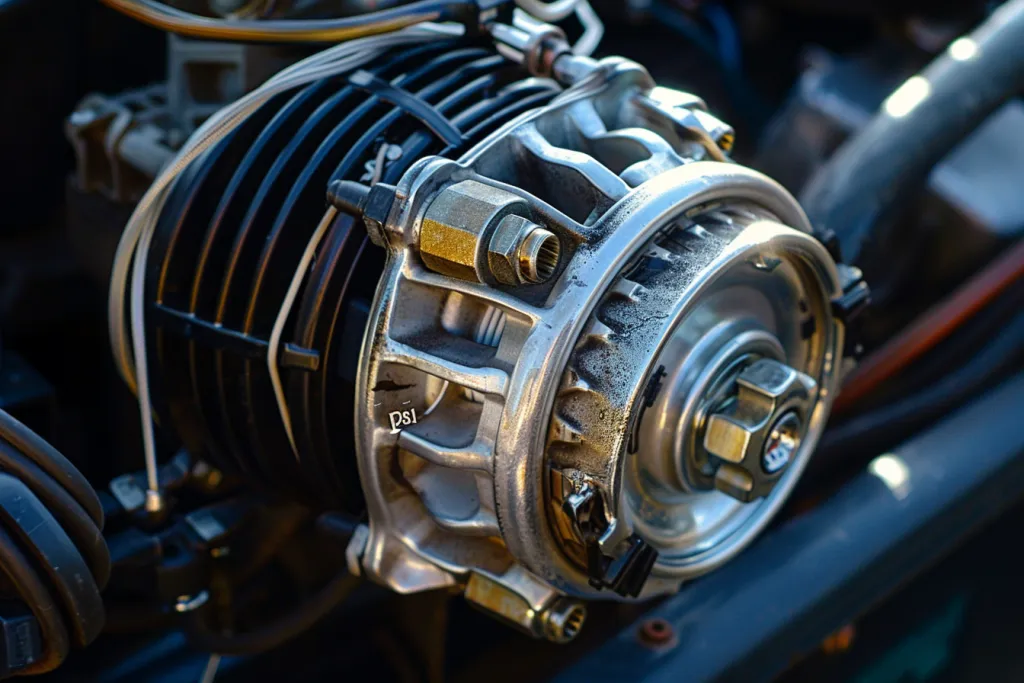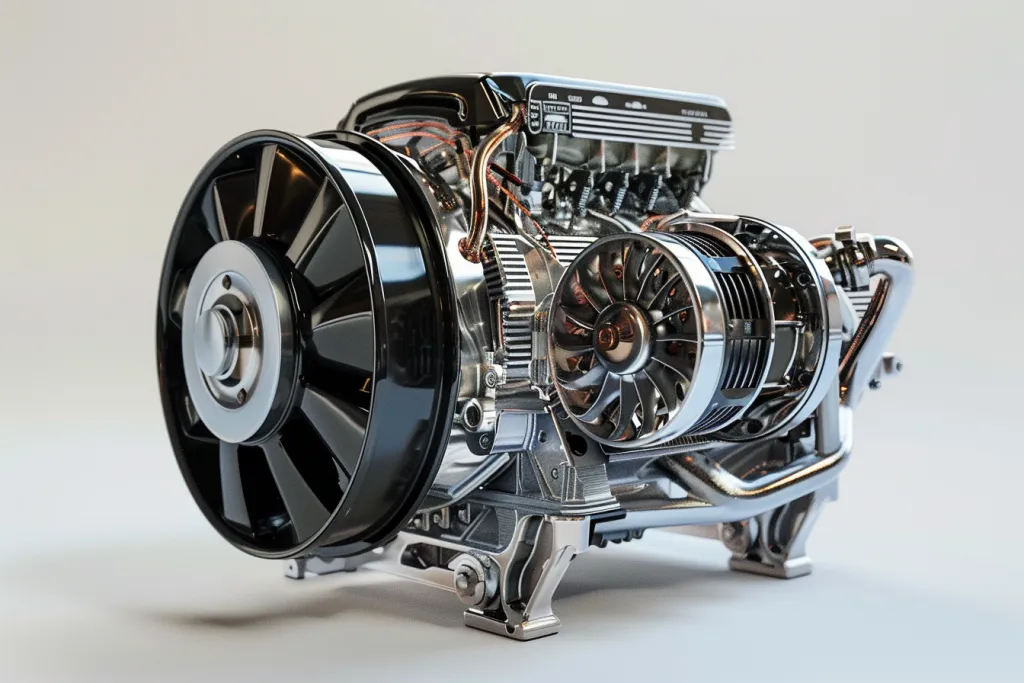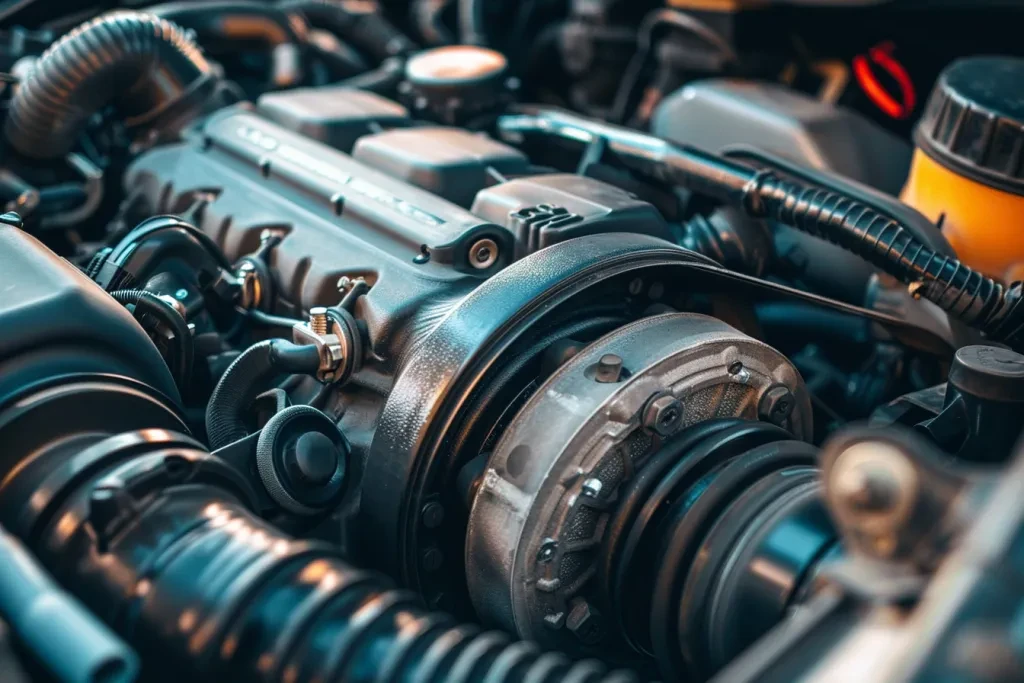The alternator is the unsung hero of your vehicle’s electrical system, quietly powering your journey. It’s crucial for keeping your car running smoothly, but its importance is often overlooked until issues arise. This guide will illuminate the alternator’s function, selection, replacement, lifespan, and cost, empowering you with the knowledge to keep your vehicle in peak condition.
Table of Contents:
– What is an alternator?
– What does an alternator do?
– How to choose an alternator
– How long do alternators last?
– How to replace an alternator
– How much are alternators?
What is an alternator?

The alternator is a pivotal component in your vehicle’s electrical system. At its core, it’s a generator that converts mechanical energy into electrical energy through the principle of electromagnetic induction. This complex piece of machinery is composed of a rotor, stator, diode rectifier, voltage regulator, and a fan for cooling. The alternator’s primary role is to charge the battery while the engine is running and power the electrical system, ensuring components like headlights, radio, and air conditioning operate seamlessly.
What does an alternator do?

The alternator’s main job is to keep the battery charged and ensure a consistent power supply to your vehicle’s electrical systems. When your engine is running, the alternator generates electricity, which is then used to replenish the battery after starting and sustain the power needs of various systems and accessories. It works in a cycle that balances power generation and consumption, adjusting its output with the engine speed to maintain a steady voltage across the electrical system. This balance is crucial for the longevity and reliability of your vehicle’s battery and electrical components.
How to choose an alternator

Choosing the right alternator involves considering several factors, including compatibility with your vehicle, power requirements, and quality. Firstly, ensure the alternator fits your vehicle model and engine type. The power output, measured in amperes, should meet or exceed the demands of your vehicle’s electrical system, especially if you’ve added power-intensive accessories like high-performance audio systems. Opting for a reputable manufacturer can also ensure reliability and longevity, as quality alternators are designed to withstand the rigors of automotive environments.
How long do alternators last?

The lifespan of an alternator can vary widely, typically ranging from 40,000 to 100,000 miles, depending on vehicle type, usage, and the quality of the alternator. Factors such as driving conditions, electrical load, and maintenance practices can influence its longevity. Regular vehicle maintenance, including checking the alternator belt for wear and ensuring a clean electrical connection, can extend its life. However, even with meticulous care, the alternator will eventually wear out and require replacement.
How to replace an alternator

Replacing an alternator is a task that can range from straightforward to complex, depending on your vehicle’s design. The process generally involves disconnecting the battery, removing the serpentine belt, and unbolting the alternator from its mount. It’s crucial to remember the wiring connections to ensure a smooth reinstallation. While some vehicle owners may tackle this as a DIY project, others might prefer the assurance of professional service. Regardless, understanding the process can demystify the procedure and help you make informed decisions about your vehicle’s maintenance.
How much are alternators?

The cost of a new alternator can vary significantly, typically ranging from $100 to $600, depending on the vehicle make, model, and the alternator’s specifications. High-performance or luxury vehicles may require more expensive alternators due to their higher power needs or unique specifications. Labor costs for professional installation can add to the expense, making it important to weigh the benefits of DIY replacement versus professional services. Considering the alternator’s critical role in your vehicle’s operation, investing in a quality replacement is a wise decision for long-term reliability.
Conclusion:
The alternator is a cornerstone of your vehicle’s electrical system, ensuring that your journey is powered and your lights are on. Understanding its function, how to select the right one, its lifespan, replacement process, and cost can empower you as a vehicle owner. Armed with this knowledge, you can make informed decisions, ensuring your vehicle remains a reliable companion on the road.




